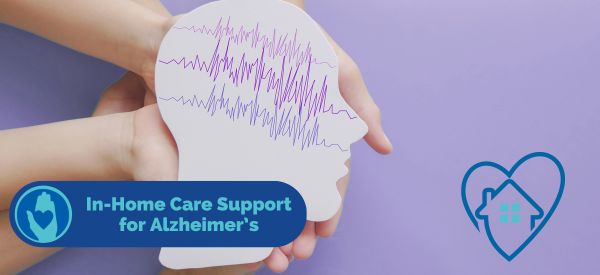Each year on July 28th, World Hepatitis Day raises awareness of the viral disease, hepatitis. The group of infectious diseases known as hepatitis A, hepatitis B, hepatitis C, hepatitis D, and hepatitis E affects millions of people worldwide. We at Freedom Home Care believe it is important to recognize this day amid the Coronavirus pandemic, as the health and wellness of everyone is crucial now. As a result, we have provided information regarding World Hepatitis Day, the five different types of hepatitis, and how to raise awareness.
World Hepatitis Day Explained
Every 30 seconds, someone is killed from a hepatitis related illness according to WorldHepatitisDay.org. Hepatitis refers to an inflammatory condition of the liver, a common cause is by viral infection, but there are other possible causes. If left untreated, hepatitis can be fatal. World Hepatitis Day is recognized annually on July 28th to commemorate the birthday of Dr. Baruch Blumberg. He discovered the hepatitis B virus in 1967. Dr. Blumberg also won a Nobel Prize for his work on the virus and its vaccine developed in 1969.
How Do You Get Hepatitis?
There are five different hepatitis viruses that are all distinct and can spread in dissimilar ways resulting in diverse health outcomes.
Hepatitis A (HAV)
Hepatitis A spreads when someone unknowingly ingests the virus through close personal contact with an infected person or through eating contaminated food or drink. Symptoms can last up to 2 months and include fatigue, nausea, stomach pain, and jaundice. This type is very contagious, but not as long lasting.
Hepatitis B (HBV)
Hepatitis B is spread when blood, semen, or other body fluids from a person infected with the virus enters the body of someone who is not infected. According to the CDC, Hepatitis B is spread through sexual contact; sharing needles, syringes, or other drug-injection equipment; or from mother to baby at birth. Around 90% of infants who contract Hepatitis B will go on to be chronically ill. Adults will have less of a chance of becoming ill and are less likely to show symptoms.
Hepatitis C (HCV)
So how do you get Hepatitis C? It is not nearly as common as the other cases, yet people still can contract this disease. The CDC reports Hepatitis C spreads through contact with blood from an infected person. Most people become infected with the hepatitis C virus by sharing needles. There is no vaccine for hepatitis C. Although, treatments can cure most people with hepatitis C in 8 to 12 weeks, if tested.
Hepatitis D (HDV)
Hepatitis D occurs in people who are also infected with hepatitis B. It is spread when blood or other body fluids from a person infected with the virus enters the body of someone who is not infected. The CDC reports “There is no vaccine to prevent hepatitis D. However, prevention of hepatitis B with hepatitis B vaccine also protects against hepatitis D infection.”
Hepatitis E (HEV)
Hepatitis E is not as common in the United States. Eating raw or undercooked pork, venison, wild boar meat, or shellfish, has caused cases to develop. Most people fully recover from hepatitis E, and there is currently no vaccine available.
How to Spread Awareness for Hepatitis
Many people do not show symptoms of hepatitis. However, you can spread awareness by getting a test. You can receive a blood test from your doctor to ensure you are clear of the disease. Additionally, WorldHepatitisDay.org promotes many events and ways to help spread awareness regarding the disease. You can find a variety of resources here.
There has been considerable progress in the development of treating Hepatitis. Vaccines can help to prevent cases A and B, and the other cases are very rare to contract. Nevertheless, spreading awareness is key. If you have questions regarding any of the five hepatitis illnesses or how to get involved, our Freedom Home Care certified caregivers are happy to help. Our trusted in home care offers help to those in need of in Alzheimer’s care, personalized elder care and much more.




